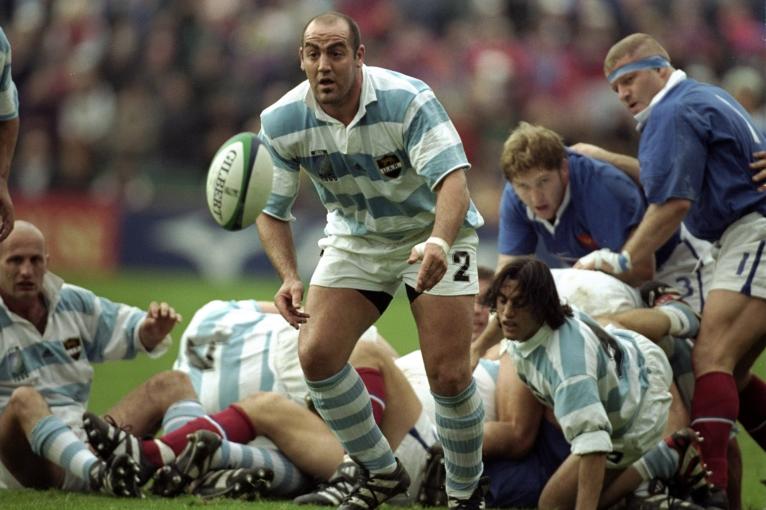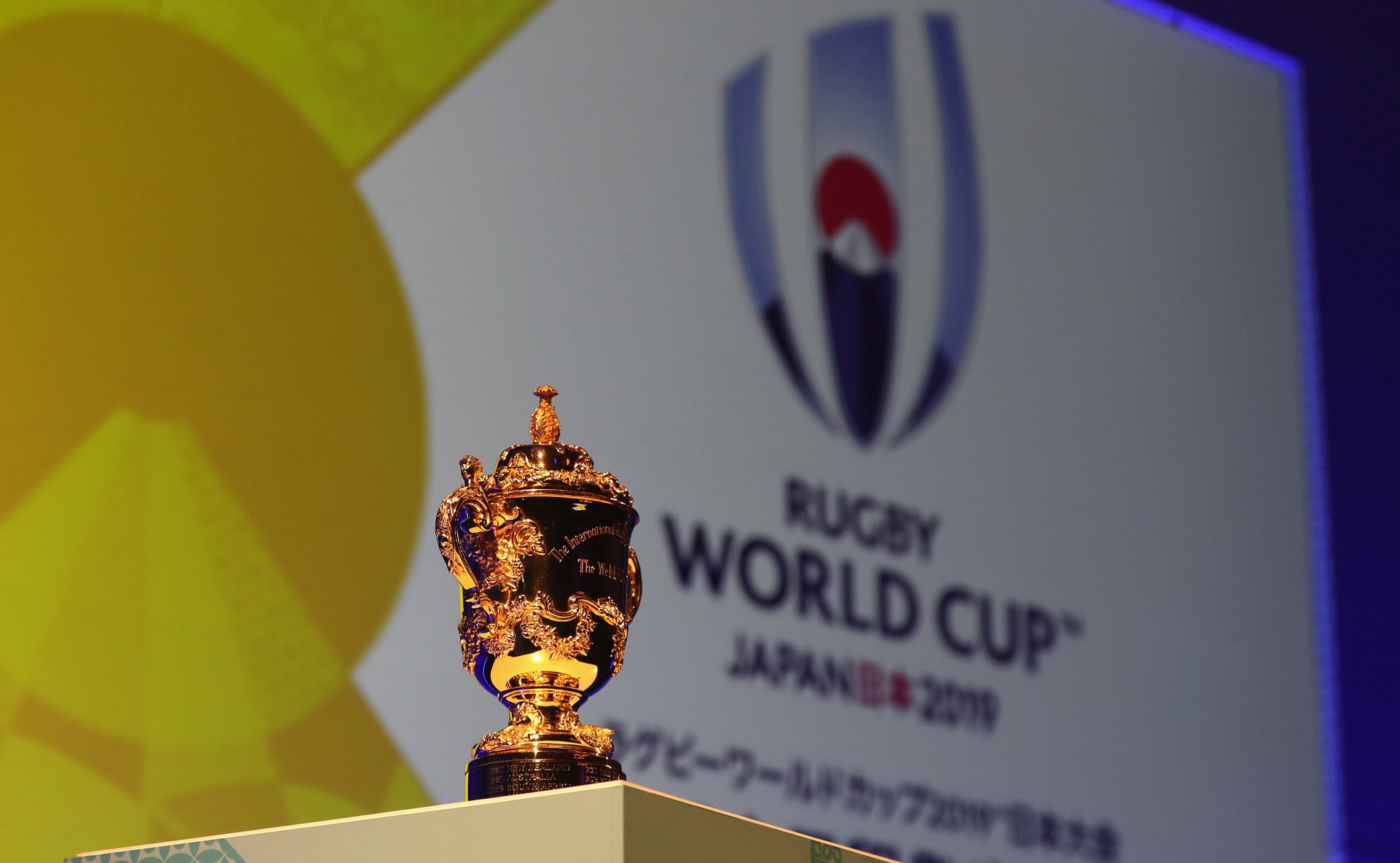World Cup expansion on the cards?
The noise out of Rugby HQ in Ireland suggest that World Rugby are seriously looking at the possibility of expanding the 2023 Rugby World Cup to include 24 teams instead of the usual 20. The last time the tournament expanded was in 1999, when the number of competitors climbed from 16 to 20.
The argument for supersizing the tournament is, of course, that it gives the opportunity for more nations around the world to be exposed to top flight rugby. When it comes to deciding the bottom seeded teams in the competition, there’s very little separating the countries that make the cut and those that don’t. Even if it only adds a couple of games against Tier 1 and 2 teams to the lower ranked teams’ rugby calendars, this would still be a huge boon for those nations.
The counter-argument, naturally, is that the tournament becomes bloated with teams who, realistically, have a snowball’s chance in hell of making the knockout rounds. As it stands, a mere 12 countries have qualified for the World Cup finals in its 28-year history, and already complaints emerge competition after competition from the Tier 1 coaches that their teams are undercooked when they reach the serious side of the competition.
If more teams are admitted to the World Cup, it will be imperative that the tournament structure does not end up a jumbling mess like some other competitions. When the first expansion took place, some 19 years ago, the decision was made to run with five pools of four – with the top two teams from each pool qualifying for the finals, alongside the highest ranked third placed team (Argentina, as it so happened).

Unusual as the decision was, it allowed for the round robin stages of the competition to be completed in only two and a half weeks – something which would have been impossible with four pools of five. With extra precautions taken over player welfare now, we may well see a similar situation arise if the World Cup does expand. Come 2019, each team will play four matches over three weeks, and it’s unlikely that World Rugby will want to extend the length of the tournament any more than the six weeks it will currently run for (including all finals matches).
Six pools of four, of course, would further frustrate the higher ranked teams who will end up with even fewer ‘meaningful’ games than they currently have. Whatever the result, increasing the number of competitors in the 2023 World Cup will have to be managed very carefully so as not to upset the balance of the quadrennial tournament.
European rugby gunning for quality over quantity In club rugby circles, it seems that expansion is out of the question. In fact, the Champions Cup could well be set to reduce the number of teams to avoid some of the supposedly more dour fixtures.
The Champions Cup currently includes 20 teams from across Europe (six teams from England, six from France and seven from the European Pro14 competitors, plus one extra team determined by a number of criteria), but it seems that many of the English clubs are unhappy with the current arrangement and want to drop at least one team from each of the feeder competitions.
Of course, if the Champions Cup has poor quality matches due to the low calibre of the competing teams, then the logical conclusion is that the Premiership Rugby, Top 14 and Pro14 competitions must also have primarily uninspiring games – an assertion that would upset many people.
In English circles, at the very least, a major shake up could be on the cards in the near future with the Premiership clubs recently considering a £275m offer from CVC Capital Partners for a controlling stake in the competition. Though ultimately rejecting the offer, you can bet that CVC and other private investors will be knocking on Premiership Rugby’s door in the future to try get a bite of the pie.
One way or another, English rugby is looking to expand into more enticing markets – what their plans are and how they intend to accomplish them is anyone’s guess.
Waikato sidestep writing their names back into the history books
In stealing the Ranfurly Shield of Taranaki last Sunday, Waikato set themselves up for years of potential heartache.
The Log of Wood, as it’s affectionately referred to in New Zealand, is the country’s oldest and, arguably, most revered rugby trophy. The holders of the Shield put the talisman up for grabs every time they host another provincial team and, although there have been a few lengthy tenures throughout history, the Shield has tended to trade hands at least once a season in recent times.

Waikato, the third most successful Ranfurly Shield team (at least when it comes to number of tenures), were also the team with the shortest tenure in the Shield’s history for a number of years, losing the trophy after barely a week back in 2007. Hawke’s Bay pipped their ‘record’ in 2013, managing to keep the Shield in Napier for a mere six days before having it claimed by Counties Manukau.
The contraction of New Zealand’s provincial season in recent times has meant that teams sometimes play three games in the space of eight days. Waikato played Taranaki in the second game of their ‘murder week’, which gave Hawke’s Bay the opportunity to snatch the Ranfurly Shield off Waikato when they’d barely had time to add it to their trophy cabinet.
Thankfully for Waikato supporters, their team managed to repel the Hawke’s Bay onslaught and triumph 42-22 in their first shield defence of the year – otherwise the province would have found themselves back in the history books with a lowly four-day tenure to their name.
In other news:





















































